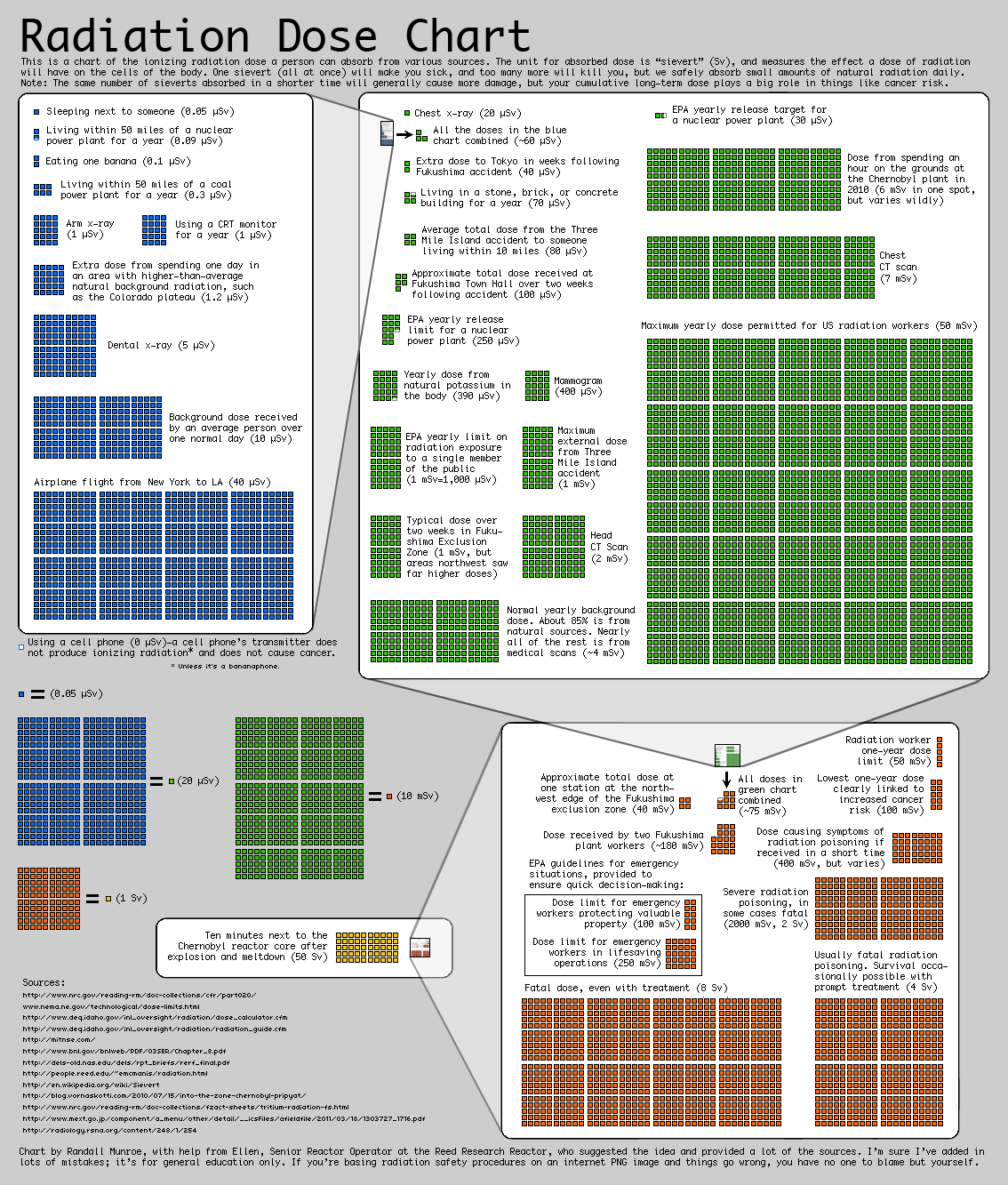In the State of the Union address of 2011 January 25, Obama raised one of his standard themes, which is the great importance of college education:
If we take these steps—if we raise expectations for every child, and give them the best possible chance at an education, from the day they are born until the last job they take—we will reach the goal that I set two years ago: By the end of the decade, America will once again have the highest proportion of college graduates in the world.
Though I don't disagree that we need to give all Americans great opportunities, I disagree that the best way to achieve that is through universal college attendance.
First of all, as pointed out here and many other places, though employers want to see college degrees, they do not really look for many of the things in a potential employee that college brings. That is, it is not clear that college is delivering useful things to employers. A good example is math skills; even high-tech employers do not look for math skills among potential employees.
Second, since most of the important skills for employers are communication skills, flexibility, problem-solving, and ability to learn (rather than specific content knowledge), employees ought to be well prepared by the end of high school. How can (more than) full-time work for twelve years not be enough to teach 18-year-olds the communication and common-sense skills they need to do most jobs? I realize that schools face huge challenges, but why not make helping the schools the top priority?
Third, and related to the second, the reason Obama and other politicians focus on sending students to college instead of improving K–12 is that college is private. Fixing schools takes public money; sending kids to college takes private money. Even state schools in America charge tens of thousands in tuition, and they don't have the capacity to take up Obama's slack. So requiring all kids to go to college is like levying an enormous quasi-voluntary tax on parents, relieving society of the responsibility of providing opportunity to the less fortunate. If a kid has trouble, in this vision, it is because his parents didn't do right by him.
Indeed, this ties it all together: Abandon the public schools, because improvements there would reduce disparity and improve the public sphere. Require (effectively) all potential employees to go to expensive colleges, because that is tax-neutral and increases disparity! What happened to the common good?
